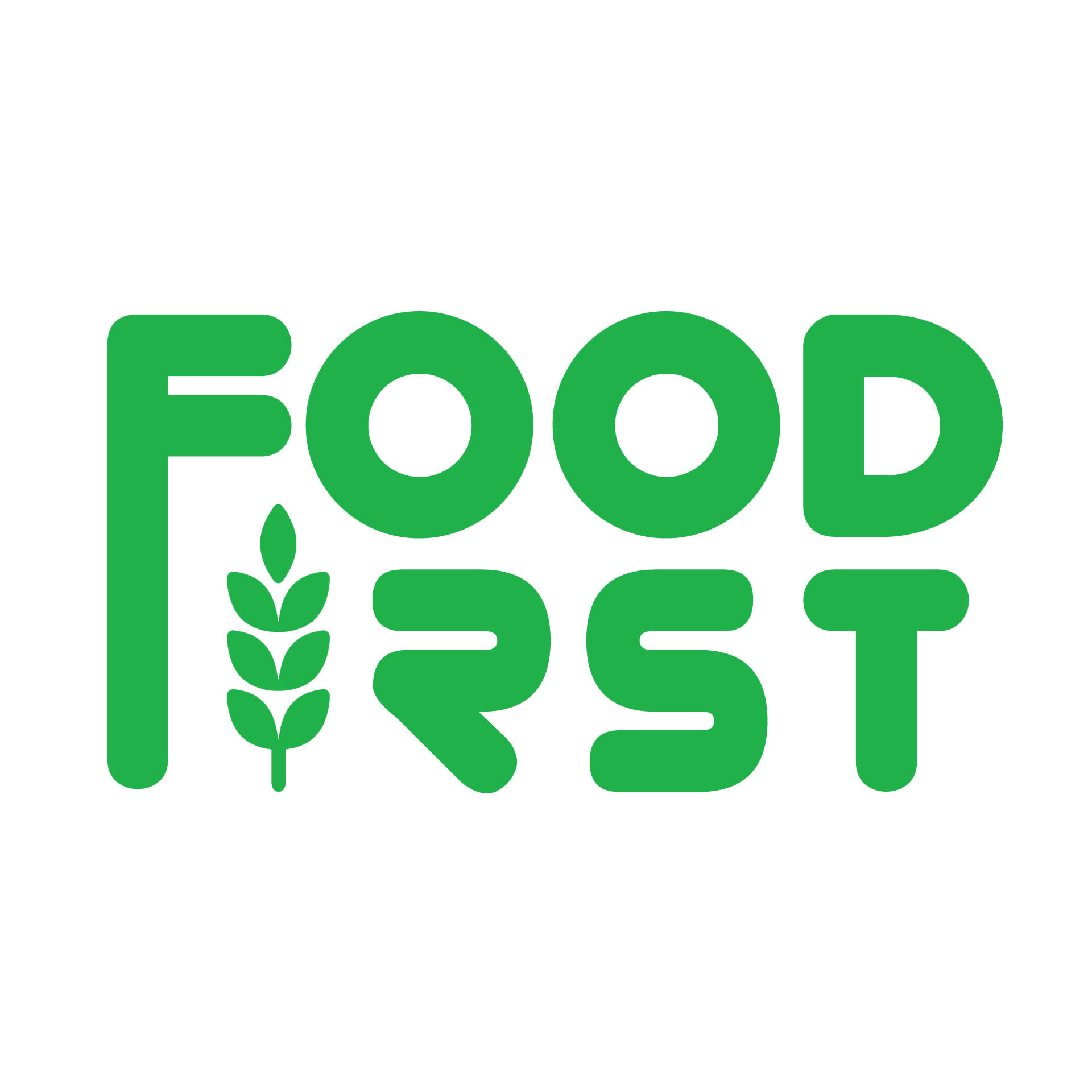[vc_row][vc_column][vc_column_text]
A policy paradigm for rural development cooperation in Africa
[/vc_column_text][/vc_column][/vc_row][vc_row][vc_column width=”2/3″][vc_column_text]

Outcome of the FoodFirst Conference, 22 June 2015
Urbanization and rising income levels are generating a rapidly increasing demand for diversified food. Agricultural development policies should specifically aim at enabling young and ambitious farmer-entrepreneurs to profit from this opportunity. That is a mayor challenge, as these farmer-entrepreneurs will have to compete with imported food and with national large scale producers. To meet this challenge, farmer-entrepreneurs must be market driven, able to see market opportunities and to adapt production correspondingly; e.g. for urban niche markets, fresh food, fruit and vegetables, dairy products, nutritious and high quality food.
- This requires a shift away from the dominant paradigma which is meant to be inclusive and which is largely centered either on poverty alleviation or on (household) food security, or on a combination of both.
- It implies a clear recognition of the fact that not every smallholder is apt and aspiring and able to develop into a farmer-entrepreneur. Some are content producing food for subsistence, others may accidently produce some surplus for the market. The new policy implies targeting a third category: ambitious farmer-entrepreneurs that are willing and able to produce quality food for highly competitive urban markets.
- While the old policy did not discriminate between rural households and its strategies and instruments somehow applied to all, the new policy should use strategies and instruments that are fit to this specific target group: farmer-entrepreneurs, and should be geared towards this objective: to compete on the urban markets for quality food.
- For farmer-entrepreneurs to gain access to competive urban markets, aggregation of fragmented producers (both geographically and organizationally) is essential. The challenge is to enhance the capacity of farmer organizations to address production, marketing, storage, and financing requirements, as well as to take the lead in PPP’s and checking out business deals.
- Change the face of agriculture! At present, agriculture is mostly seen as pastime for dummies that have no alternative but to stay in the village. This makes it difficult to keep and attract the brightest young people to the sector (the problem of succession). The only way to overcome such attitudes is to make agriculture more rewarding and profitable and, on this basis, to project the image of agriculture as good business with profitable opportunities.
- The future is for young and well educated farmers. The educational system – at the primary, secondary and tertiary levels – is to become the breeding ground for the farmer-entrepreneurs of the future and to provide for careers in the agro-food sector.
- Vocational training and farmers field schools should include entrepreneurship / entrepreneurial skills in its curriculum, next to productive skills.
- Support young farmer-entrepreneurs and their organizations through exchange programmes, youth specific advisory centers, ICT mediated platforms.
[/vc_column_text][/vc_column][vc_column width=”1/3″][vc_column_text]Vijverbergsession
Wednesday 2 December, 2015
Rabobank Vijverberg, The Hague
“The future is for young, well educated, market oriented and organized farmer-entrepreneurs”[/vc_column_text][/vc_column][/vc_row]
